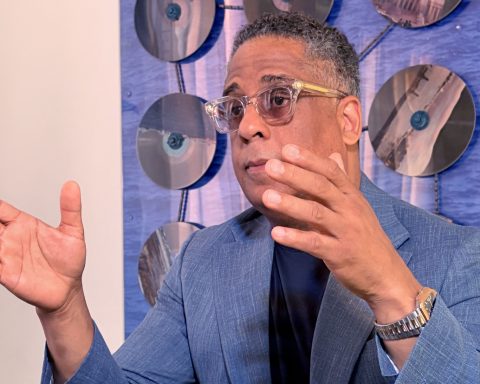These days the COP26 climate change seems to be the date of confidence to keep the planet’s temperature below 2 degrees Celsius and, in the best of scenarios, 1.5ºC by the end of the century.
On chili there is expectation, the event that occurs in United Kingdom of the October 31 to November 12 will also determine actions and greater awareness in our territory: according to data from the Ministry of Environment, in the country almost 20 million tons of waste, where a 3% corresponds to hazardous waste.
Under this panorama, the REP Law (Responsibility Extended to the Producer) obliges manufacturers of certain priority products (for now: Lubricant oils, electric appliances and electronic; batteries and batteries; packaging and packaging and tires) to organize and finance the management and recycling of waste derived from these elements. In addition, there are regulations such as DS 43/2015 and DS1483 / 2004, which regulate the handling, storage and classification of dangerous substances.
For the biologist of the University of Chile and manager of Project Development of Arrigoni Environmental, Leonardo CurottoAlthough any regulatory framework is essential to meet the aforementioned objectives, educating to generate environmental awareness in society is the most relevant. “In this sense, companies in the world today have an essential role and understand that the circular economy is a tool for progress and well-being for the life of the planet”, adds the professional, giving five reasons to implement revaluation tasks in organizations.

The five reasons why your business should implement circular economy models
- Solution to the scarcity of resources: The circular economy reduces waste generation and dependence on natural and energy resources; reduces CO2 emissions by up to 70% by 2030.
- Current production and consumption system puts the environmental balance in check: Since it is based on the line of “produce-use-discard” and this does not guarantee the survival of all businesses, whose raw material comes from non-renewable resources. Generating sustainable and sustainable business models is the technological response to the challenge posed.
- New opportunities and markets: The circular economy could create 3 million jobs by 2030, according to the European Union; Also, new business areas: ecodesign, revaluation of waste or by-products, recycling and others.
- Buy green: Consumers are increasingly concerned with minimizing the environmental impact of their consumption. In Europe, 77% are willing to pay more in exchange for an eco-friendly product or service. Access to information and measurement of the variables of interest will play a key role in consumer preferences.
- Cost savings: Materials are reused or secondary raw materials are acquired; the ways of acquiring goods and raw materials change, thus optimizing the production model.


















